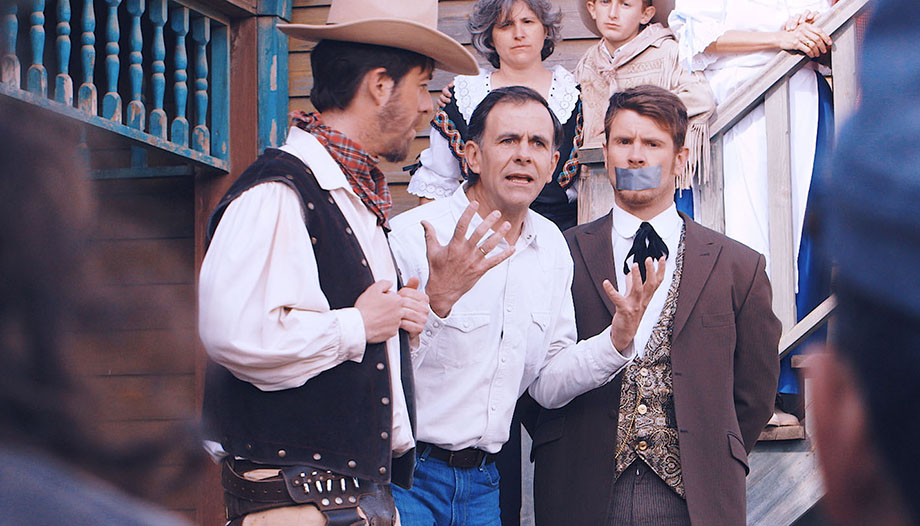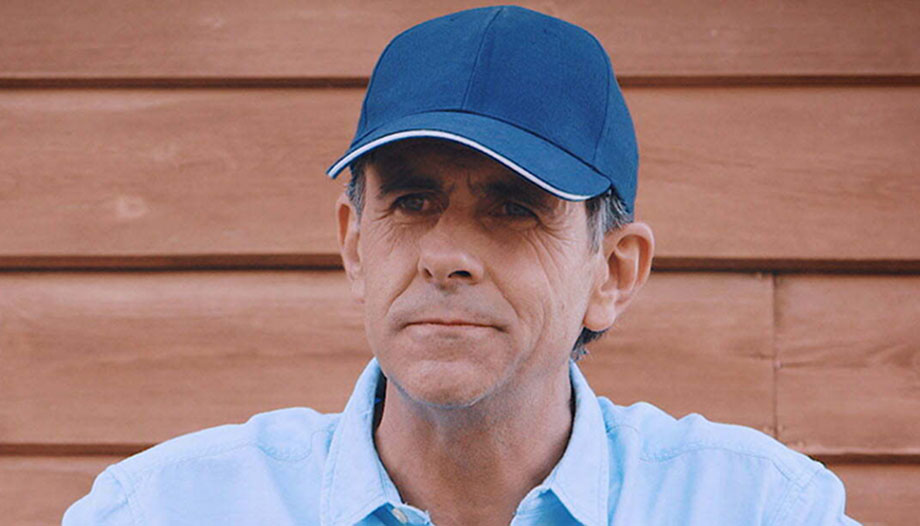"We stake the truth of our faith on concrete acts of love," says filmmaker Juan Manuel Cotelo in this interview. Cotelo, who is now embarking on the project of Make a mess, directed in 2019, a film-documentary that has lost none of its topicality: The greatest gift.
In it he looks at real stories of forgiveness, but of hard, shocking, almost stark forgiveness. Stories that make us question ourselves if we would really be willing to forgive, because, deep down, we have set limits to forgiveness and that has killed it at the root.
Forgiveness is like love, it changes its meaning when you give it a last name. This is the axis around which Cotelo's work revolves, which we talked about in order to put a face and a history to forgiveness.
Beyond the script: How does one approach forgiveness in life?
-In real life, there is no one who enjoys asking for forgiveness or forgiving. Because forgiveness always arises from a wound that we have caused, or that has been caused to us.
However, even if it is difficult for us, we all have the experience that it is good for us to ask for forgiveness and to forgive. It is the only thing that closes our wounds, even if the scars remain.
In order to take this step, it is not advisable to rely on one's own feelings, nor on one's own strength. Because the normal thing is that the feeling goes in the opposite direction to forgiveness and the forces tell us that we cannot take the step.
That is why we must allow ourselves to be helped by good people on earth and by the spiritual help of Heaven. A high jumper with his own strength can overcome a very small height, but with a pole vault he can climb much higher. That is the help we need and, if we ask Heaven for it, we will never lack it.

At The greatest giftTim points out that "forgiveness is the most difficult and dignified act of man.". Are we more human when we forgive? Isn't revenge more natural?
-We are human when we love and when we hate. We are human in all circumstances. And what we can all naturally experience is that resentment feels bad, terrible... and forgiveness feels great.
But, in order to experience it, we have to take the step. Before taking it, it seems impossible. Afterwards, we see that it was not so bad. Everything that brings us closer to love dignifies us, elevates us. And everything that leaves us tied to resentment, sinks us. Not in theory, but in practice.
Do we need God to fully understand and embrace forgiveness?
-I do not believe that we can do anything "only on the human plane," as if there were divine activities and others that are not. Everything we do, starting with the fact that we are alive, is a divine act. There is no option to separate the human from the divine, except artificially.
The reality is that we need God to breathe and, of course, to love. When our heartbeats are separated from the heartbeats of God's love, we suffer. When our thoughts are separated from God's thoughts, we suffer.
When our acts are separated from the will of God, we suffer. The distinction between the human and the divine is purely theoretical. St. Paul expresses it marvelously: "In Him we live, move and exist.". Therefore, we undoubtedly need God to forgive, as much as we need legs to ride a bicycle. We would not take a single pedal stroke without God.
Christianity is the religion of forgiveness. Why is it often forgotten even among Christians themselves?
-Because the examination of our life of faith is not theoretical, it is always practical. Again I quote St. Paul: "I do the evil I don't want to do, and the good I want to do, I don't do." Solution: full trust in the power of grace, in God's help.
Those who believe that good intentions and a good doctrinal formation are enough are mistaken and the discovery of their limitations will be traumatic. Jesus says it clearly: "Without Me, you can do nothing".
The doctors of the law whom Jesus called hypocrites did not have theoretical religious problems. They were doctors! The same thing could happen to any of us, if we are content to know the theory or even if we preach it. We stake the truth of our faith on concrete acts of love. This is what we ask for in the Our Father: "Forgive us our trespasses as we forgive those who trespass against us."











